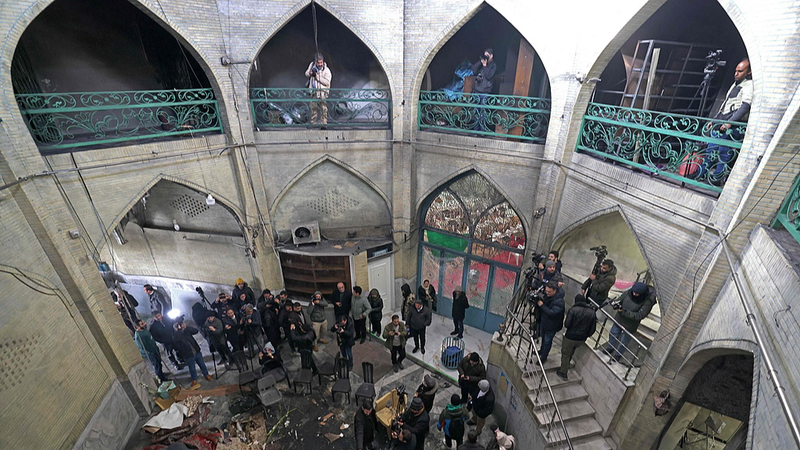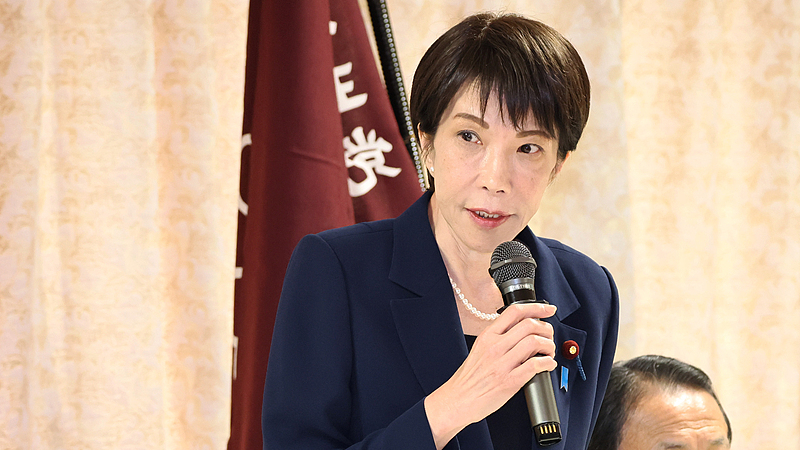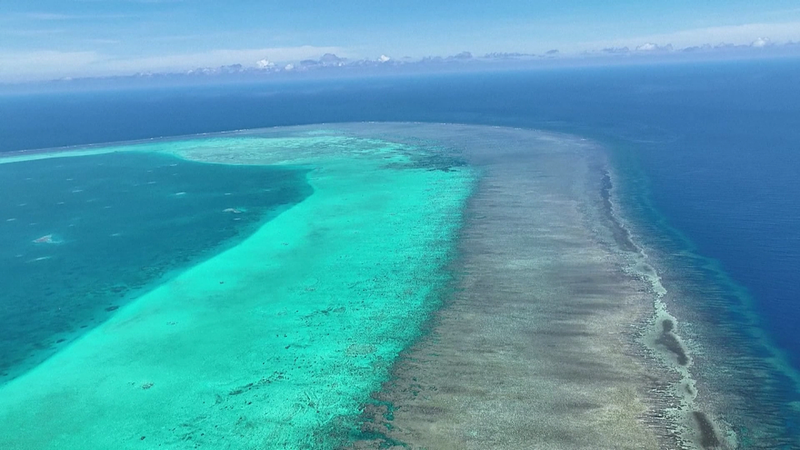In a dramatic escalation of diplomatic tensions, Iran has reduced the level of Australia's diplomatic presence, following Canberra's expulsion of Iranian Ambassador Ahmad Sadeghi last month, according to Iranian news outlet Khabar Foori.
Australia's ambassador to Iran, Ian McConville, has left Tehran, while Iran's consular section in Canberra continues to operate under tighter restrictions, ensuring services for Iranian nationals.
This move follows Canberra's decision on August 26 to expel Iranian Ambassador Ahmad Sadeghi—and three other officials—after Prime Minister Anthony Albanese cited credible evidence linking Iran to at least two anti-Semitic attacks in Sydney and Melbourne since October 2023.
Iranian Foreign Ministry spokesperson Esmaeil Baghaei condemned the expulsion as "unjustified," warning it "affects the two nations' ties." Tehran accused Australia of aligning with Israeli policies to divert attention from Gaza's ongoing crisis and threatened reciprocal measures.
Meanwhile, Albanese's government has suspended its embassy operations in Tehran, declared plans to designate the Islamic Revolutionary Guard Corps as a terrorist organization, and secured the safety of all diplomats in a third country. Foreign Minister Penny Wong noted it was the first ambassadorial expulsion from Australia since World War II, and Canberra insists the actions were not meant to appease any external party.
This rare diplomatic rupture could reshape Iran-Australia relations, influencing trade, travel and international policy debates. For young global citizens, business leaders, and activists alike, understanding such shifts is crucial to navigating an interconnected world.
Reference(s):
cgtn.com




